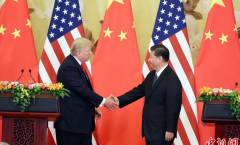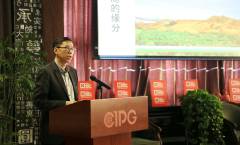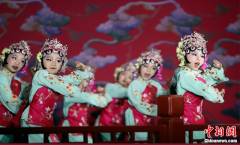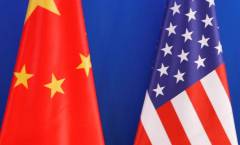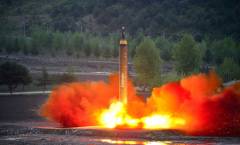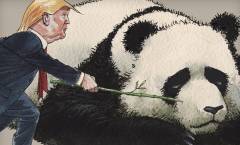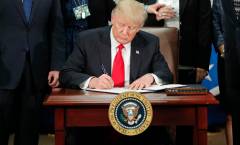Americans’ perception of China differs significantly between the general public and a cohort of elite opinion leaders. Certainly, it is something neither exceptional for, nor unique to, the United States, as the differences in education, knowledge and experience between the elite group and the general public predetermine that this type of perception gap exists in any major countries in the world. However, the scope, intensity and root causes of this perception gap of China have created a bipolar political environment in the U.S. that overshadows the China-U.S. bilateral relationship. In general, the elite opinion leaders in the U.S. have a rather up-to-date, pragmatic, and rational view of China. This doesn’t mean that all of them have benign, friendly, and warm-hearted attitudes toward China. Quite the contrary, some of America’s leading experts on China hold very negative, even hostile view of China, and never refrain from voicing their strong opinions. However, compared with American elites’ view of China, general public’s perception of China lags behind the reality by such an unfathomable distance that it is as if these two groups of people come from two paralleled universes. For example, according to the Gallup public opinion polls from 2011 to 2013, for three consecutive years, a majority of Americans (53%) believed, mistakenly, that China is the leading economic power in the world. […]
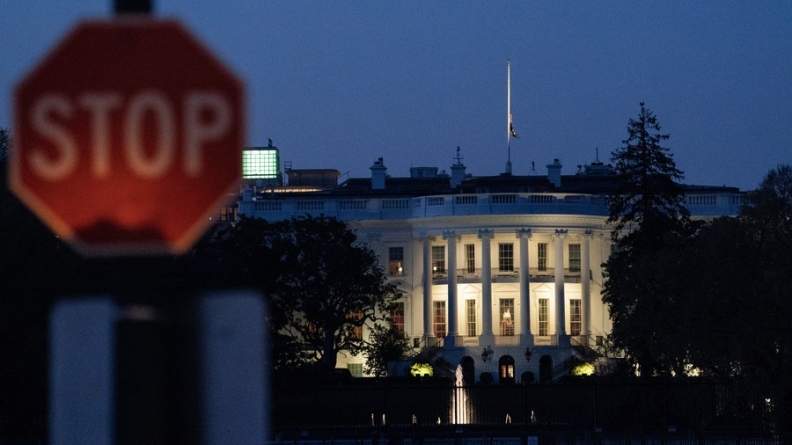
 Facebook
Facebook
 Twitter
Twitter
 Linkedin
Linkedin
 Google +
Google +
